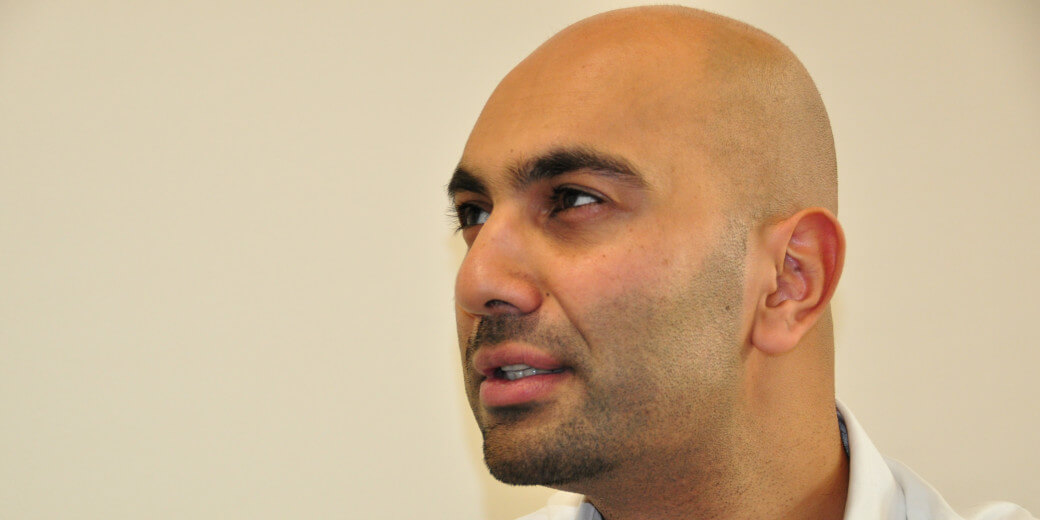UK halal meat supplier Haloodies sees pandemic recovery, plans global expansion
London-based Haloodies, which claims to be “one of the UK’s most trusted suppliers of Halal meats,” has fought against challenges posted by the COVID-19 outbreak and Brexit though expanding its online sales and moving production to Britain. Now, its co-founder and CEO says the company is ready to tap global markets.
Haloodies sells products from ready-to-eat cooked chicken to pre-packaged fresh meat and frozen meat products to food service customers, supermarkets and increasingly direct to consumers. But with the food service trade being an important part of that mix, the company was “really impacted” by initial COVID-19 lockdowns, said CEO Noman Khawaja.
“We needed further cash injection from an investor to make sure that we kept running as a business and furthermore, there was government assistance,” he said.
What made matters more challenging was that the company opened its first halal-certified high-end food services and meat production plant, a 12,000 square foot facility, in London, in March 2019. This was complicated by the pandemic and staff shortages, Khawaja explained.
“Because we didn’t have the food services sales, we adapted to go online,” boosting direct sales to consumers, he said. Now food services sales are slowly picking up again and the company is selling more products than in 2019, he added, because of the additional sales channels.
Overall, due to the pandemic, frozen products sell more than the fresh ones, he said, explaining that plans to invest more in the frozen sector were pushed ahead due to COVID-19: “Sales skyrocketed,” he said, with home-based consumers requiring ready-made-meals.
The online business “flourished”, with Haloodies manufacturing products for q-commerce (quick commerce) platforms, which can deliver goods in just 10 minutes. And an already-planned brand website-based direct sales online shopping system launched “very quickly” after the pandemic outbreak, now helps the company supply nationwide, said Khawaja.
“From a sales perspective, we had to be very agile. We already had a business supplying into the supermarkets with cooked chicken products and frozen beef burgers,” he said.
Before the pandemic struck, Haloodies had products in over 800 UK supermarkets, but this number dropped to “a few hundred” because the pandemic halted supplies, he said.
Sourcing chicken was a particular problem for the company, which had been purchasing poultry from Thailand. “Suddenly raising chicken became a nightmare for everybody,” he said, with feed and fuel costs rising along with increased legislative and administrative challenges affecting imports. Sourcing poultry from Thailand became difficult and thus the company is “focusing very heavily on getting these products manufactured in the UK,” he said.
Brexit - the UK's exit from the European Union - has also harmed the company, prompting a shortage of skilled and unskilled workers (including drivers), higher prices for raw materials, in some cases rising 20% or 30%, while imposing administrative costs. However, the CEO is still optimistic about the post-COVID-19 recovery, hoping it will increase purchases from airlines, which are already at “a decent level.” He is excited about plans to sell food in 2022 to a company that supplies “about 18,000 schools– “ a huge contract”.
Next year, Khawaja hopes to enter the Middle East market, starting with the United Arab Emirates, after a first attempt three years ago failed over regulatory compliance issues, which he hopes are now solved.
Looking ahead , Khawaja says he wants to create the world’s first truly global halal food company. “We are looking and speaking with distributors in Africa,” especially east Africa, and Bahrain. “It would be wonderful for us to have some sort of footprint in every continent in the next five years,” he said.
© SalaamGateway.com 2021 All Rights Reserved


Andreia Nogueira